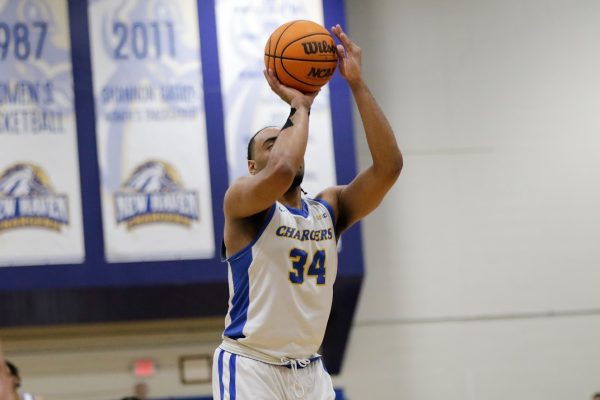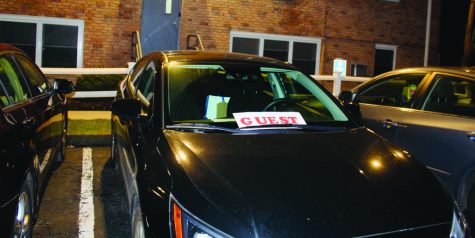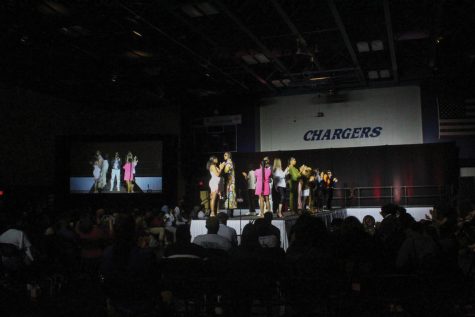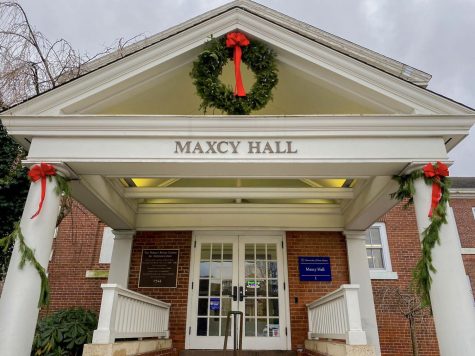Here’s how to stand out to employers
Approximately 42,680 students graduate with an undergraduate degree annually in the U.S. 68.1% of those students immediately enter the job force and nationally, that number grows to approximately 2 million. These figures grow each year as more programs are developed, school capacities grow and larger classes of students graduate. Considering the amount of competition students face in a saturated job market, they are left to wonder how they can stand out in such a saturated job market.
Sites such as Indeed and Glassdoor post multiple professional development articles of the do’s and don’ts of resumes, interviews and cover letters, but they do little to explain what students should be accomplishing while in school.
In an article by Ronda Sunder, Human Resources Specialist, she lists 11 different activities to do in college that will help you stand out. Cumulatively, the answer is to diversify your college experience, watch your behavior and use your resources. She lists joining organizations, maintaining grades, holding leadership roles and volunteering as activities that benefit a student’s prospects in the workforce.
Sunder also puts forth that personality is an integral aspect of finding work. A study conducted by Pepperdine University found that a “match between personal characteristics and organization culture” is a high predictor of success in a job placement; and as such, to Sunders point, having an agreeable personality is important in the job search.
Networking has also been shown to be an important part of success in post-graduate employment. Multiple studies have been conducted to show that networking behaviors increase the likelihood of employment. Networking also leads to better salary growth over time. This was also shown for internet networking tools like LinkedIn, but only when the individual used the resource frequently.
Finally, Sunder advises students to use their university’s career counseling center.
In 2017, the University of New Haven’s Career Development Center (CDC) was ranked 17th in the country by the Princeton review. The CDC offers workshops and advising for resumes, interviews and cover letters, among other job skills. The office’s MyCharger page contains a multitude of resources, including information on the university’sCareer Closet, where students can get professional clothes for free.
The Competency Learning Experience (CLE) is another edge the university offers students upon entering the workforce, according to the university. Containing six competencies: teamwork, resilience, global and cultural awareness, leadership, critical thinking and communication, the CLE is integrated into all aspects of the university, from the actual classroom to residential learning experiences to leadership programs.
According to the Dean of Students Office, the CLE is meant to, “prepare individuals to successful lives as students, citizens, and professionals, both during their academic course of study and after, with a special focus on their career success.”
The university’s graduating class of 2020 has a 74.84% career outcome rate as of 6-months post graduation. This is considerably higher than the national average for 2020 graduates, as 45% of 2020 graduates are still seeking employment.

Isabelle Hajek is a senior at the University of New Haven majoring in psychology with a concentration in forensics and a double minor in criminal justice...







